
The AIgorythm project

Playwright and actor
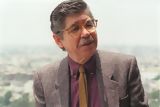
Novelist

Writer and poet

Volleyball player

Italian-Peruvian naturalist and geographer

Singer and percussionist

Last Inca emperor

Politician, former prime Minister

Journalist and TV host
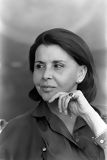
Poet

Inca warrior
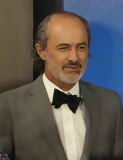
Actor and comedian

Biophysicist

Poet

Doctor and researcher

Businessman, Interbank group

Journalist and writer
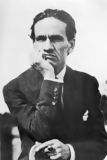
Poet and writer
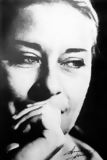
Singer and songwriter
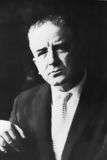
Writer

Film director, Berlin Golden Bear winner

Football player
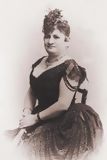
Writer and journalist
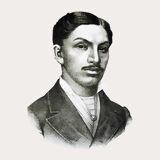
Doctor and scientist

Photograph

Chess player

Industrialist
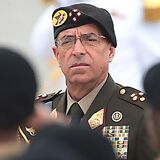
Former general

Specialist in public health

Actress and singer
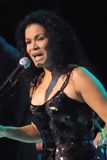
Afro-Peruvian music singer

Mathematician and engineer

Indigenous chronicler

Neurologist and anthropologist

Painter

Football player
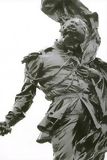
National hero, military leader

Intellectual and reformer

Chef and entrepreneur

Fashion designer

Singer-songwriter

TV presenter

Marathon runner

Indigenous Peruvian chronicler

Theologian

Former national team captain

Economist and former health minister

Inca princess

Writer and television host

Folk musician

Poet and guerrilla
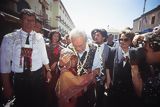
Former UN secretary-general

Chef, known for fusion cuisine

Football player

Peruvian aviation pioneer

Poet and artist
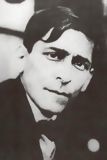
Marxist philosopher and writer

Industrialist and businessman
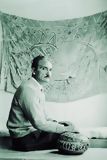
Novelist and ethnologist

Painter and muralist

Opera tenor

Fashion designer

Cardinal of Lima

Peruvian tennis player

Football coach

Leader of the indigenous rebellion
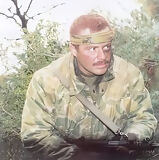
Military hero

Latin singer
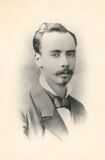
War of the Pacific hero

The youngest mother in history

Politician
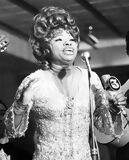
Creole music singer

Tennis player
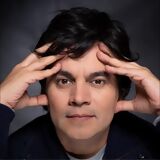
Musician

Writer and politician

Politician and founder of the Christian Democratic Party

Founder of Sodalitium Christianae Vitae

Archaeologist and anthropologist
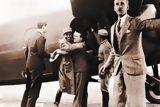
Military leader and politician

Television host
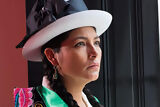
Actress and singer

Contemporary sculptor
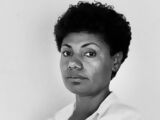
Women’s rights activist

Beauty queen

Astrophysicist

Heroine of independence
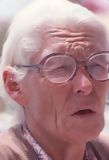
Mathematician and archaeologist

Historian and anthropologist
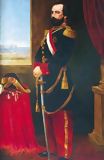
Military figure and historical figure

Fashion photographer
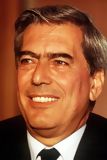
Writer, Nobel Prize in Literature, Politician

Revolutionary leader
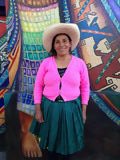
Environmental activist

Leader of the indigenous rebellion

Musician from Gaia band
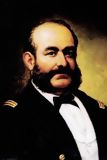
War hero
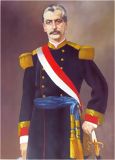
Military leader and politician

Chef, known for Nikkei cuisine

Volleyball coach and former player

Environmental activist

Television personality

Writer
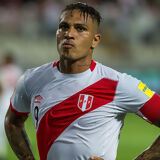
Football player

Epidemiologist and former health Minister

Inventor and aerospace pioneer

Soldier and inventor
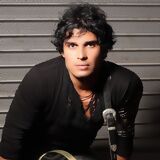
Rock singer

Chef and co-owner of Central restaurant

Painter

Football player

TV presenter and actress
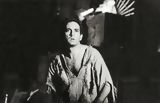
Actor
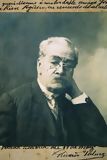
Writer and historian

Journalist and lawyer

Archaeologist, founder of Caral site
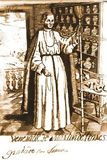
Monk and Saint
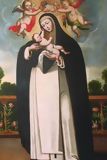
Saint, patron of Latin America

Physicist and engineer

World champion surfer

Actress

Oncologist
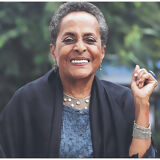
Singer, Latin Grammy winner

Former mayor of Lima

Singer

Actress

Former football player

Painter
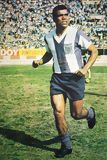
Former football player

Painter

Inca leader

Archbishop, saint
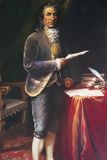
Leader of the indigenous rebellion

Revolutionary indigenous leader

Diplomat and intellectual

Sculptor and painter
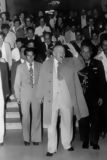
Political leader, founder of APRA

Lawyer and Former prime minister

Chef of Central restaurant
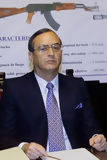
Former head of secret services

Popular singer

Fashion designer

Exotic music singer
Blanca Varela was one of Peru’s most important poets and a key figure in contemporary Latin American literature. She was born on August 10, 1926, in Lima, into a family of intellectuals and artists. Her mother, Blanca Llona, was also a poet and journalist, and their home was a place where literature and the arts were an essential part of everyday life. From a young age, Varela was exposed to culture and literature, which led her to develop an early interest in poetry.
Blanca Varela studied Literature and Education at the National University of San Marcos in Lima. During her time as a student, she became part of a literary circle that included important intellectuals and poets of the time. Among her close friends were writers such as Sebastián Salazar Bondy and Emilio Adolfo Westphalen, who deeply influenced her poetic development. It was during this period that she began to write poetry more seriously, although it wasn’t until later in life that she decided to publish her works.
In 1949, Blanca Varela moved to Paris with her husband, Peruvian painter Fernando de Szyszlo. It was in the French capital that Varela met Octavio Paz, the famous Mexican poet and essayist, who became a close friend and a major influence on her work. Paz introduced her to the circle of surrealist writers and artists of the time, expanding her literary horizons and deepening her understanding of art and poetry. Although she never considered herself a part of the surrealist movement, her time in Paris was crucial in her artistic evolution.
Blanca Varela’s poetry is known for its concise, precise language, stripped of unnecessary embellishments. Her poems often explore themes of solitude, death, identity, and the human condition, all with an introspective and sometimes somber tone. Her work is imbued with deep reflection on the meaning of existence and the place of the individual in the world. Varela was a poet who avoided sentimentality, seeking truth through rigorous, almost ascetic poetic expression.
One of the most remarkable aspects of Varela’s work is her ability to capture the universal through the particular. Though deeply personal, her poems resonate with shared experiences and existential dilemmas that transcend time and space. Her unique style has been compared to other great Latin American poets like César Vallejo and Jorge Luis Borges, though she always maintained a distinctive voice that set her apart in the literary landscape.
Despite beginning to write at a young age, Blanca Varela didn’t publish her first poetry collection, "Ese puerto existe," until 1959. This book was well received by critics and marked the start of a prolific literary career. Throughout her life, Varela published several poetry collections, including "Luz de día" (1963), "Canto villano" (1978), and "Concierto animal" (1999). Her work has been translated into several languages, and she has received numerous awards, including the prestigious Octavio Paz Prize and the Reina Sofía Prize for Ibero-American Poetry.
Blanca Varela is considered one of the most important voices in 20th-century Spanish-language poetry. Her work, characterized by linguistic austerity and emotional depth, has influenced generations of poets in Latin America and beyond. Her ability to distill complex emotions into concise lyrical forms earned her the admiration of both critics and readers, and her poetry continues to be studied and admired today.
Beyond her poetic impact, Blanca Varela also played a crucial role in promoting literary culture in Peru. Throughout her life, she participated in numerous cultural and literary activities, and her home in Lima became a gathering place for writers, artists, and thinkers of the time.
Blanca Varela passed away on March 12, 2009, in Lima, at the age of 82. After her death, her legacy continued to grow, and her work has been the subject of numerous academic studies and tributes. Varela left an indelible mark on Peruvian and Latin American literature, and her poetry continues to inspire new generations of readers and poets.
Blanca Varela is one of the most outstanding figures in contemporary Spanish-language poetry. Throughout her life, she created a deeply introspective and universal body of work that still resonates today. Her dedication to poetry, her pursuit of truth through language, and her commitment to literature make her one of the most powerful voices in Latin American literature. Through her verses, Varela left a testament to the complexity of human existence and the place of the individual in the world.